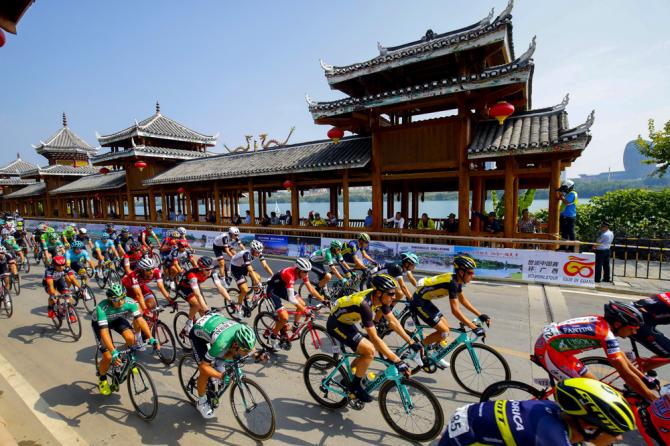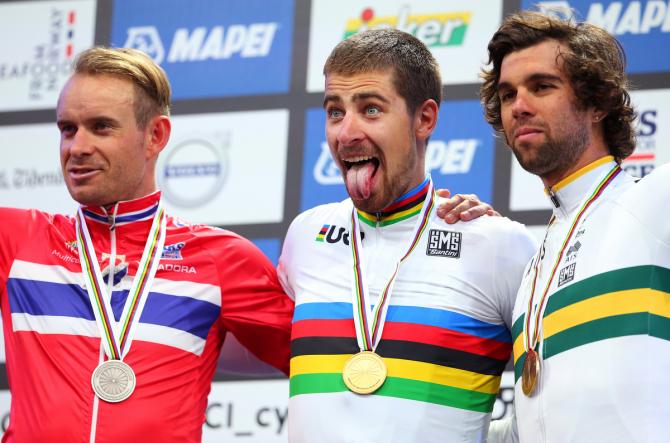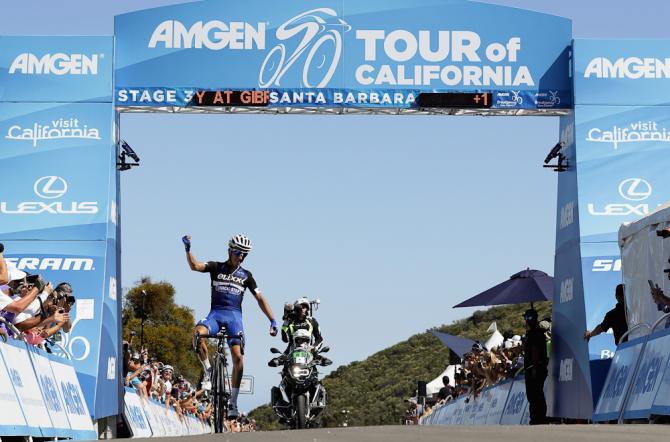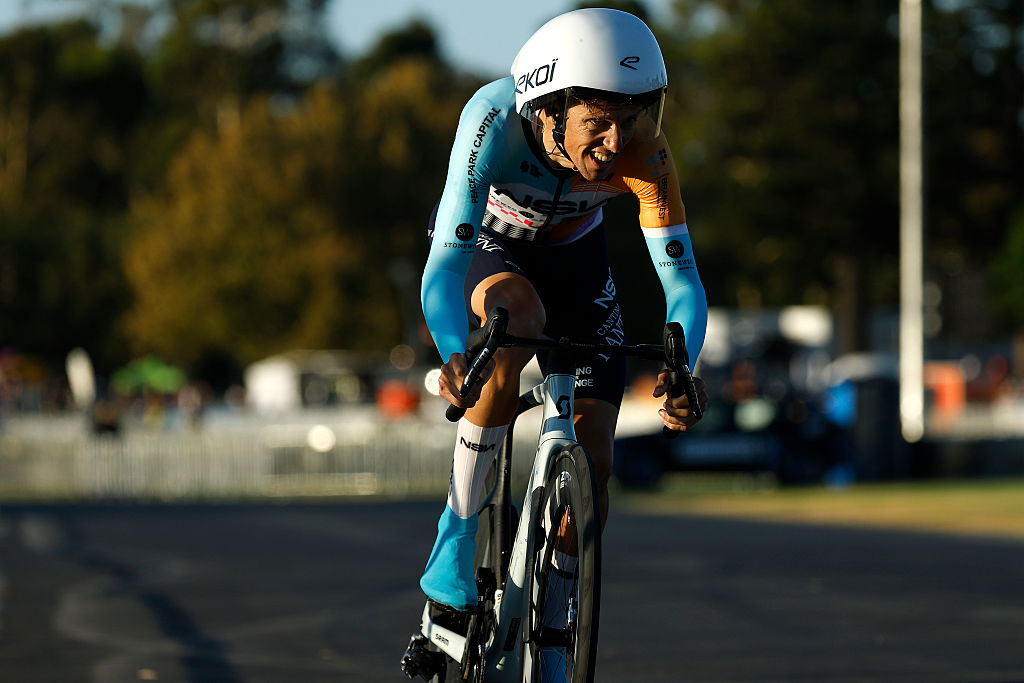WorldTour Week: Stapleton hoping to create unity after war with ASO
'This is a chance to step forward and we should really take it'
The latest race content, interviews, features, reviews and expert buying guides, direct to your inbox!
You are now subscribed
Your newsletter sign-up was successful
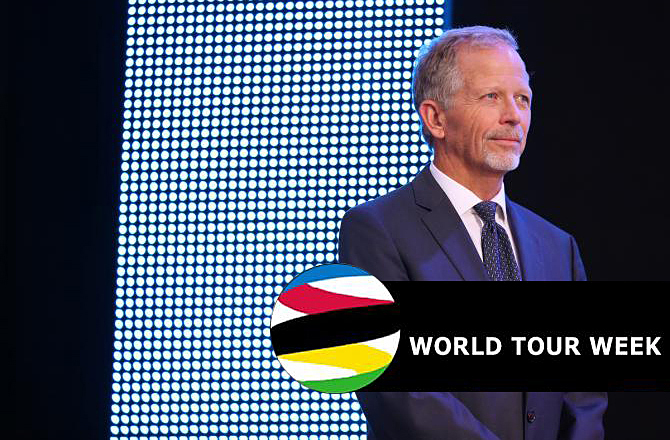
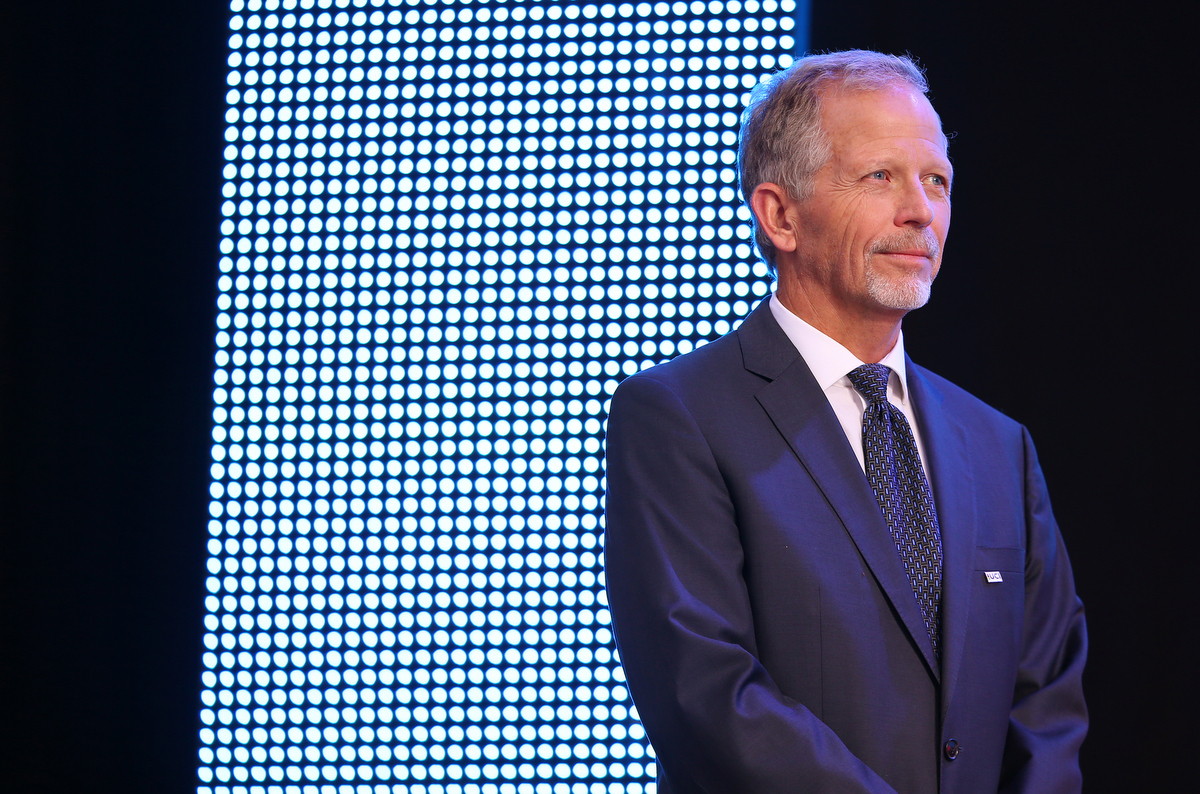
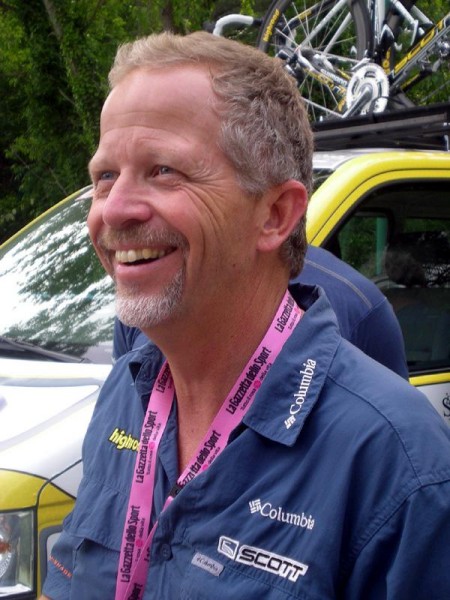
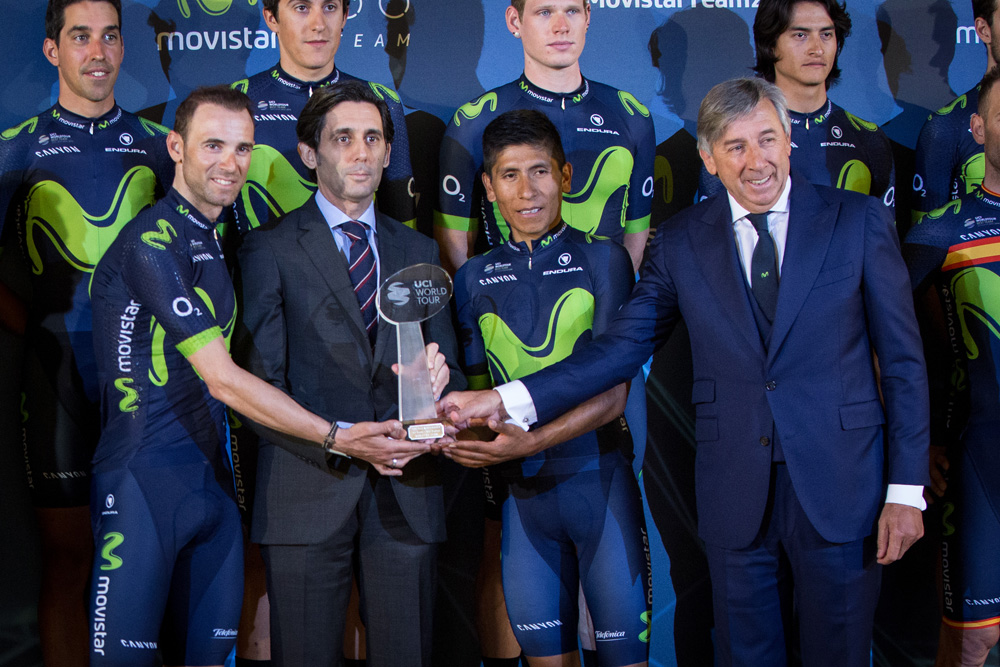
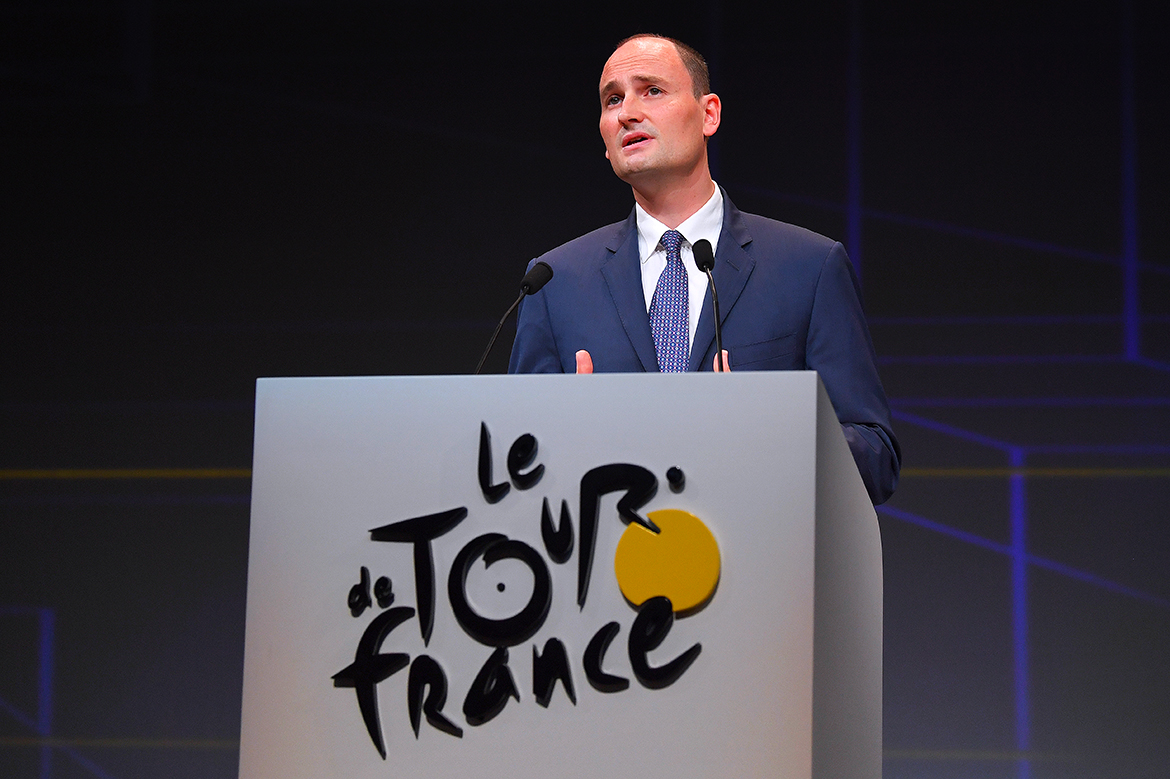
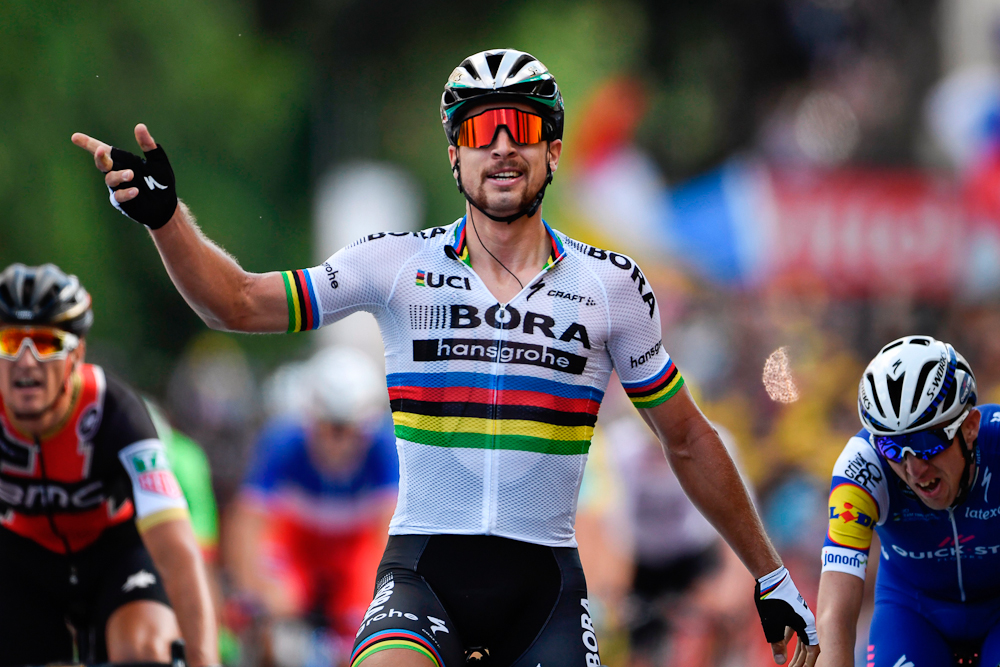
This week, Cyclingnews takes a deep dive into the UCI WorldTour and the global reforms of professional cycling first introduced in 2005, and the impact it has had on the sport.
First, we looked at the history of cycling's other series. In part 2, we recapped the formation of the WorldTour and its challenges. In part 3, former UCI president Pat McQuaid recounted the struggles the WorldTour faced with Tour de France organisers ASO.
In this feature, we speak to UCI Management Committee member Bob Stapleton, formerly manager of the HTC-Highroad men's and women's teams about the negative impacts the WorldTour has had and what is needed to turn it around.
The WorldTour has created some significant shifts in the economics of cycling, with the stability a guarantee of teams racing the top events luring in major sponsors, but it has fallen far short of solving all of the sport's problems.
While Team Sky's sports a massive €35 million budget and riders like Chris Froome and Peter Sagan draw unprecedented salaries in cycling, the sport continues to be dwarfed by rivals like tennis, golf, even MotoGP. While Sagan earns an estimated €5 million per year, Rafael Nadal raked in far more. Valentino Rossi is estimated to be worth $135 million. Top female golfer Sung Hyun Park makes as much or more than most male cyclists.
Bob Stapleton, chairman of the board of USA Cycling and newly elected to the UCI Management Committee, is hopeful that the time has come for positive changes. In addition to his roles in the Pro Cycling Council, and the technical commission, he is also chairing a new commission that will focus on improving the marketing and economics in cycling.
Stapleton, 59, has had a long history in cycling, first running the T-Mobile women's team before taking over management of the men's then-ProTour squad. He agrees that the WorldTour fundamentally changed the sport with the stability it provided to teams, but says the public clash with the ASO has exhausted fans, sponsors and media, and kept the sport from growing.
The latest race content, interviews, features, reviews and expert buying guides, direct to your inbox!
"Frankly, that tension I think has really fatigued the entire sport at this point," Stapleton tells Cyclingnews after a week of meetings with the new UCI commissions and stakeholders in Switzerland last week.
"I think that flashpoint has caused a lot of the drama in the sport over the years, and the lack of progress comes from this fundamental tension."
While former UCI presidents Pat McQuaid and Brian Cookson were being waylaid by battles with ASO and the fight to bring credibility back to cycling after doping scandals, Stapleton says cycling was losing out to other sports.
"I think cycling has lost market share. We have less interest, less core economic investment in the sport than we had 15 years ago. I really think we need to act on that. Cycling has lost ground on our peer group. A lot of that has been driven by this infighting and a lack of an effective working relationship between the UCI and its other key stakeholders, most significantly ASO," he says.
In new UCI president David Lappartient, Stapleton sees an ambitious, progressive and competent leader who is motivated to make changes.
"You have an agent for change and an environment where people what to see change. That presents an opportunity," he says. "Those two factors are promising to me. I feel optimistic for the first time I can remember.
"We have the leadership of the UCI and the leadership of ASO at least on talking terms. I'm optimistic that means a productive working relationship is possible. We've gone sideways at best for a long time. We're behind the curve on making our sport compelling and interesting. We're not using technology to improve the audience experience or engage more fans. From a marketing standpoint, there's so much more that we can do.
"It's not just about the fight for credibility and this kind of stuff. It's actively working together to improve the sport in ways that are meaningful to our audience and sponsors and media. There's a lot more to be done there.
"People forget the attractiveness of the sport. There is no more dramatic or beautiful sport. No sport has such a rich history, but we haven't improved the product, we haven't improved what we're offering the public. Other sports that have used technology or revisited their format are prospering and we're a little stagnant. We have fundamental attractions, and if we focus on that and deliver that in a better, more exciting, more digestible way, the sport has tremendous potential."
Stapleton says he stepped back into the fray after some relatively calm years since HTC-Highroad stopped because he believes that change is now possible.
"If we can organise ourselves and work collectively across the different stakeholders across different elements of the value chain, that there is a lot of value that can be created, and we can free the sport of its historic rivalries that hold it back."
The discussions with stakeholders are clearly still early days since Stapleton speaks in sweeping terms about the direction he would like to see the UCI take the sport, but it is apparent that change will be coming. One repeated phrase during the interview was "more is not necessarily better". The expanded WorldTour calendar, which ballooned to 37 events under Cookson, is a clear target.
"Everything has to be on the table," he says. "The calendars are one of the biggest single tools in the toolkit. The participation and the format of competition - that should be looked at hard. ... This is a chance to step forward and we should really take it."
Less is more
Two of the main tenets of the WorldTour - the requirement for organisers to invite the teams and the multi-year licences that lend stability to teams and allow them to attract sponsors - are sure to remain. But any future changes, Stapleton said, would need to "balance the rights and the obligations of both teams and events so that they reach a level of sustainability and profitability that really creates the core structure of the sport."
"I think there's been such a rush to try and cement a WorldTour status that we have to be careful not to do harm to the rest of the ecosystem."
The rush to expand the calendar led to objections, which necessitated rule changes making only 'historic' WorldTour events obligatory to teams, while at the same time requiring race organisers to maintain a certain level of participation.
"More is not better. Let's focus on quality, sustainability. We want these teams and events to succeed and we need to revisit the balance of rights and obligations here for all the parties concerned. What we're doing is driving up costs and diluting the quality of the product.
"Those are serious marketing and economic issues we need to consider going forward."
Skewed budgets
McQuaid touted the increased team budgets and rider salaries as a benefit of the WorldTour in Cyclingews' interview this week, but Stapleton says that is just one small part of a picture that involves many layers of the sport.
"It can't be WorldTour or die for the rest of the sport. There has to be a healthy interplay between WorldTour and [other] divisions. Those have to be developed together. There has to be a clear interplay between them, there needs to be enhanced economics of both, Stapleton says.
"While yes, athletes on average are making more, and yes, team budgets have gone up on average, it's entirely skewed to a small group of athletes that are making a lot more money, and a small number of teams that have dramatically higher budgets.
"We have very little improvement in the economics for the large majority of riders. We have a lot of women who aren't paid at all. We have teams that are very much struggling on the low end, in particular at the Continental and Pro Continental level, and we have events that are outside the WorldTour that are struggling.
"I'm not sure that the average WorldTour budget is a meaningful metric. We really want to look at the whole ecosystem, and that's a key role for the UCI."
Stapleton wants to see all of the stakeholders revisit the balance.
"I think we can reset this competitive dynamic to the benefit of all of our key aspects of the value chain - events, teams, athletes. We need healthy and vibrant Pro Continental teams that are challenging in top events, that are fighting to get into the top tier status. That's where a lot of employment opportunity and career development is going to happen for riders. That's where we need a healthy series of events.
"How the top two tiers work together is a really important dynamic for the health of the sport."
It is a dynamic that is most apparent in the United States, where the elevation of the Tour of California caused great consternation for Continental teams. It has meant that three US teams - Rally, Holowesko-Citadel and Axeon Hagens Berman - applied for Pro Continental status for 2018.
With any revision of WorldTour rules or calendar, Stapleton says it will be important to include flexibility for markets outside of Europe.
"The Tour of California is the absolute jewel of American racing. American teams need to have access to an event like that. This is one case where I do support flexibility in the rules so that event can be accessible to a number of US teams, but it can still keep [its] standing as a WorldTour event," he says.
"I think we have to be smart about how we develop the sport across the different environments. Europe is different from America, and America is different from Asia and Africa, we need to be mindful of that."
Building a base
The top tier would be nowhere without young riders, but Stapleton steers away from requiring WorldTour teams to have developmental programmes. While some WorldTour squads maintain a feeder team, most rider development falls to Continental squads like Axeon, Team Wiggins, Roubaix Lille Metropole and others.
BMC's Jim Ochowicz shuttered his development squad, complaining that he invested money into the programme only to see the best riders sign with his competitors.
Stapleton would like to see some incentives given to successful development programmes rather than trying to force WorldTour teams to run one.
"In that development work, they are providing an important structural aspect of the overall system and we need to support it and make provisions that reward them for the work that they do. I could see a series of transfer and incentives for developing athletes that come from the rest of the sport," he says. "Let's encourage and support the aspects of the sport that live and breathe development both structurally and financially.
At the same time, the Continental squads lack the same kinds of requirements for anti-doping - paying into the CADF and undergoing biological passport testing. The result has been blurry lines at events where Continental, Pro Continental and WorldTour teams compete side by side.
"Obviously the first step is to make sure there is a good environment for athlete development. Yes, they have to have economic opportunity but we need to be clear on conduct. I think there is more that we can do in terms of education, anti-doping, and developing athletes to be contributing professionals at the Pro Conti and WorldTour levels. For me, that's the focus," he says.
Over the next four years, there will be numerous meetings and discussions on all these topics, and Stapleton is ready to get to work, gathering and analyzing data and forming a fresh perspective on the state of the sport.
"It starts with questioning this concept of more being inherently better. It's just not. We see this in every dimension of the sport," he concludes.
"If we want to drive change, we get the key stakeholders around the table, take a hard look at the economics and structure of the sport and be willing to make change. I'm optimistic that that environment is in front of us right now."

Laura Weislo has been with Cyclingnews since 2006 after making a switch from a career in science. As Managing Editor, she coordinates coverage for North American events and global news. As former elite-level road racer who dabbled in cyclo-cross and track, Laura has a passion for all three disciplines. When not working she likes to go camping and explore lesser traveled roads, paths and gravel tracks. Laura specialises in covering doping, anti-doping, UCI governance and performing data analysis.
